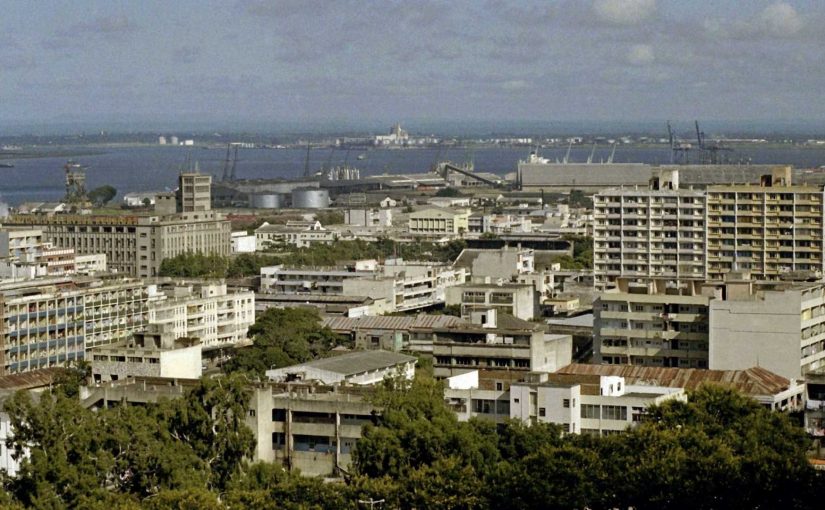Mozambique: Regulatory body reduce water prices - AIM
IMF’s Aisen blames debt for continuing fall in Mozambique’s GDP – By Joseph Hanlon

File photo
GDP growth will fall to 3.0% this year, down from 3.7% in 2017 and 7.4% in 2014, IMF Resident Representative Ari Aisen said in a talk on 4 June. The decline is caused by the fall in credit to the domestic private sector caused by the doubling of domestic borrowing by the government in the past year. The growth is built on the minerals sector and exports, plus growth in government wages and tourism. Credit is only growing to banks (who are lending to the government) and the extractive sector and is falling in all other sectors. “The private sector is carrying the main weight of economic adjustment,” he said. ( slides 31-47)
On the plus side, “inflation has slowed considerably, and this is a big gain for the economy; international reserves have increased and the exchange rate has stabilised.” But Aisen warns that the $3 bn in reserves has been built up partly by not paying debts. (@Verdade 6 June) “Fiscal debt remains high and public debt is unsustainable.” And interest rates charged by the banks remain high, even though the government has eased monetary policy.
Aisen concluded that support for Mozambique at the moment is only technical assistance.
By Joseph Hanlon
- You may access the full presentation ‘Como Acelerar o Crescimento na África Subsaariana?’ HERE











Leave a Reply
Be the First to Comment!
You must be logged in to post a comment.
You must be logged in to post a comment.